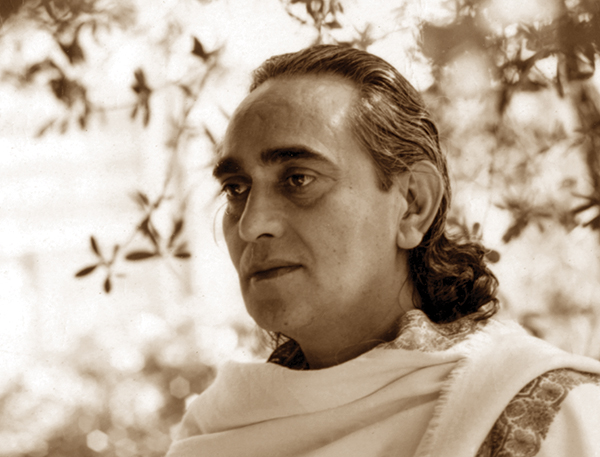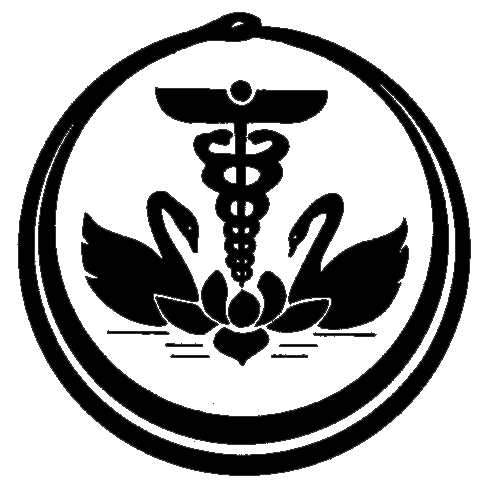Karma is not God’s doing. Karma is performed by each individual. It is what each particular individual must deal with, understand, and complete. Karma is the product of each person’s own actions, thoughts, and desires. No one else is responsible for it. It is absolutely precise. There are no accidents. Everything is finely, utterly balanced. In the short view, life does not seem at all perfect or just. Why do some people seem to suffer more than others? Why, for instance, are some people sick and others healthy, some people are wealthy and others are poor? Seen from the vantage of the precision of karma, life is perfectly just. Life is exquisitely perfect the way it drives people in their evolution.
If a person’s life is seen as an organic spaceship making its way through eons of time and infinite spaces toward a thumb-sized target billions upon billions of light years away, the slightest miscalculation in navigation will send the craft far off course. Karma is the built-in device for navigational correction. It brings a person back on course. No matter how far off course a person may stray, karma will make all the necessary adjustments, though they may be harsh, and guide the person on the most narrow course toward the tiny target.
Karma can be divided into three parts: the karma performed in the past, the karma being performed in the present, and the karma that will be performed in the future. Indians say if you want to know a person’s past karma or past actions, look at his present life. If you want to know a person’s future, look at his present actions. Nothing can be done now about the karmas performed in the past. Those are arrows already shot, some have already landed, some not yet. Accept the consequences of those past karmas and learn from them.
It is a mistake to think that there is no free will, that the entire universe and what happens to anyone and everyone are predetermined by something called karma. There is free will. That is the point of karma. Those arrows that have not yet been shot are still in the quiver of our will. We choose which arrows to shoot and when. We decide and act. How we do so determines the future. Something or someone apart from us does not decide our fate. The future is our own design in all its detail, good or bad, sorrowful or joyful. We chose how to live in the past by what we did, said, thought, and desired. We are choosing now in the present. Karma is the law of cause and effect, but free will enables us to eventually transcend the bondage of the law.
This is reassuring and empowering. Instead of placing blame for life’s circumstances on God, fate, or others, a person takes full responsibility. The power of growth is in that. From life to life, and circumstance to circumstance, a person creates and chooses what is needed for growth at any given moment in the long evolution toward enlightenment. Each soul chooses the parents and family situation he or she needs, the role in society, and the mix of ease and discomfort, to provide the perfect opportunity for progress on the path toward freedom.
This process of karma folds and entwines again, and the future is shaped by how the individual handles the present. It may take lifetimes for certain karmas to unfold and get burned. The outcome depends not on God, on others, or on luck, but on one’s own response to one’s karma. As a person learns to accept with equanimity his or her circumstances, whether pleasant or unpleasant, they can look forward to the future with joy and courage. They rise above their karma. If pains and sorrows are the result of past actions, to avoid suffering in a future existence, the wise person will stop committing any more deeds that lead to suffering.
The law of karma is uncompromising and all are bound by it. However, there is a way to cut the rope of karma and to overcome death. The way is to live skillfully and purposefully. Finding the way to purposeful, skillful living comes gradually, as we understand the source of the pain and sorrow we spend our lives trying to overcome. Gradually we come to understand the nature of death, which we inherently fear. Unfortunately people often direct their lives from this fear.
When people act out of fear, they create karmas and samskaras that are born of fear. These samskaras encourage more fear, unless they are dealt with. If a person identifies with the body, they will fear sickness, the aging process, accidents, walking across the street, meeting strange people, or any other manner of possible harm. Consequently, everyday life will inevitably attract the harm they fear. These fears will become habits, which will gravitate the person toward danger and sickness. If a person believes their identity is their job, any changes to that job will be a threat to them. If they lose their job, they lose their identity. If a person’s identity is as a parent, that identity is challenged when the children grow up and leave home.
Reprinted from Sacred Journey, an HIHT publication.

